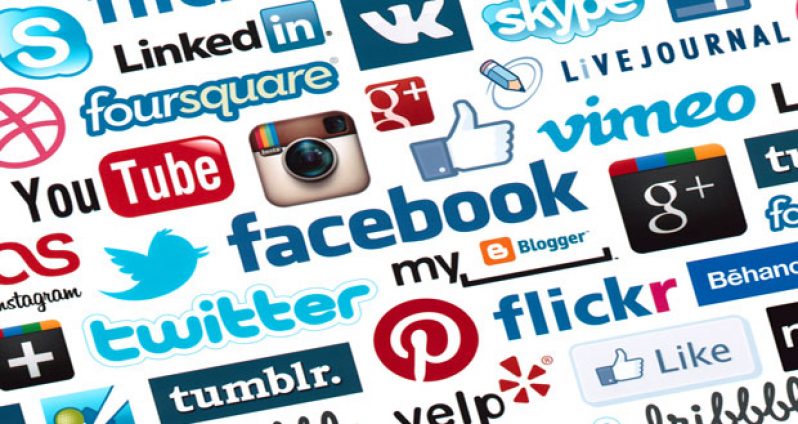THERE are a number of issues in this article that I’ve already dealt with but because of numerous responses from parents and the importance of these issues I’ve decided to revisit these topics.

I want to look at the impact the same things can have on a person’s professional life. According to an Online article on avoiding career-damaging social network blunders, written by Alden Wicker for the website, Learnvest, “78% of job recruiters check search engines for background on candidates, and 63% check social media sites, too. So, it doesn’t matter how you set your privacy settings, whether your friend, your boss on Facebook, or how few followers you have: What you do on social media every day can have a very real impact on your career and your salary.”
Perhaps the most prominent example of a career being ruined by social media indiscretion is the story of the unfortunately named former US Congressman, Anthony Weiner, who was forced to resign after using the social networking site, Twitter to text pictures of his ‘privates’ to various women.
The thing is, it doesn’t have to be as scandalous a case as Weiner’s. There are various ways in which indiscretion on social media has impacted careers, from political to business to sports. For example, a Time magazine article published several years ago, chronicled the impact of social media on the Olympics:
“Olympic athletes might want to treat social media like fatty foods, excessive late-night frivolity before their competitions and steroids. Stay away,” the article said, adding: “Twitter has already gotten one athlete booted from the Olympics. A triple jumper from Greece, Paraskevi Papachristou, wrote a tweet on Sunday, and the Hellenic Olympic Committee is prohibiting her from participating in the Games. In response to reports that mosquitoes are carrying the West Nile virus in her country, Papachristou wrote: ‘With so many Africans in Greece, the West Nile mosquitoes will be getting home food.”
All Greek athletes were thereafter restricted from posting anything unrelated to the Olympics on their social media accounts, and presumably only positive messages. The article also highlighted the case of two Australian swimmers who were penalised by their national association for posing with guns on Facebook. While they were not, like the Greek athlete, taken of the team, they were restricted from using the site until after the Olympics.
“So, it doesn’t matter how you set your privacy settings, whether you friend, your boss on Facebook, or how few followers you have: What you do on social media every day can have a very real impact on your career and your salary.”
Of course, the whole question of freedom of expression may play a part in all this. If, as I noted in the quote above from the Learnvest article, that 63% of recruiters use social media to background potential employees, it means that what is inevitably going to be created is a culture where people censor themselves in order to avoid being passed over for employment.
There is another angle that this can also be looked at. A growing number of public entities in Guyana have established a social media presence, on Facebook in particular. The Ministry of Education, for example, launched their onsite page, which at the time of writing this article had a little over 2000 people.
Let’s make the argument that specific private organisations can penalise or go against a current or prospective employee or member because the person says something that is in contravention of some Code of Ethics established by that entity, a Catholic school expelling a teacher for promoting abortion services on their Facebook page for example. The question would be: Could that argument be expanded to workers in the public service without infringing upon basic workers’ rights? If a teacher, for example, were to post a criticism of an existing policy on the Ministry of Education’s page, should that teacher be penalised for such criticism? And if yes, under what existing regulations would that penalty be ascribed?
Indeed, the U.S. – usually at the forefront of tackling such issues – has only recently started treating the impact of social media expression as relevant to the National Labor Relations Act. According to the National Labor Relations Board website, it was only late last year that the NLRB began to decide cases, and so far only two cases have been adjudicated, the first going in favour of the employer, the second in favour of the employees affected.
As social networking becomes increasingly integrated into how we function as a society, questions of how we integrate social networking into our own official legislative or regulatory policy are going to become more and more relevant and pressing. As I try to suggest for many of the issues I examine in this column, it is better if stakeholders in Guyana – policymakers and employers – were to take a proactive approach on handling the impact of social media on the work place environment. As for both the current and prospective employee, my advice is simple – it is far better to err on the side of caution than to find yourself suddenly without a job simply for some stupidity on Facebook or Twitter.
(By Keith Burrowes)













